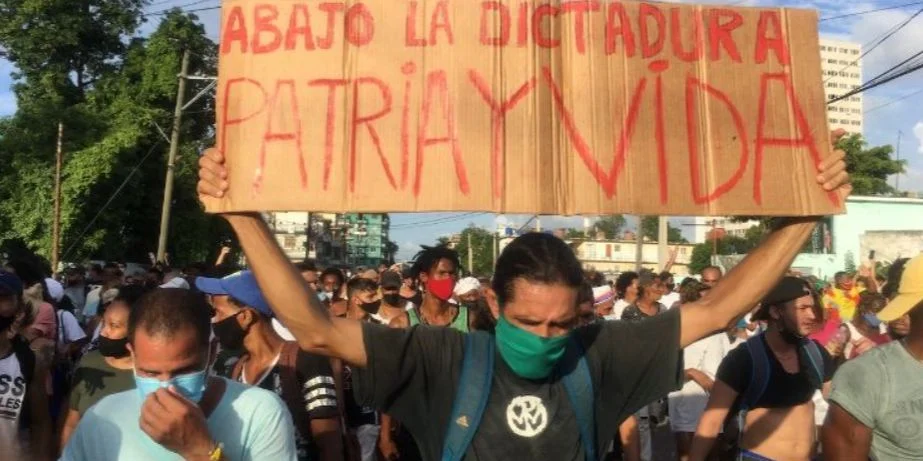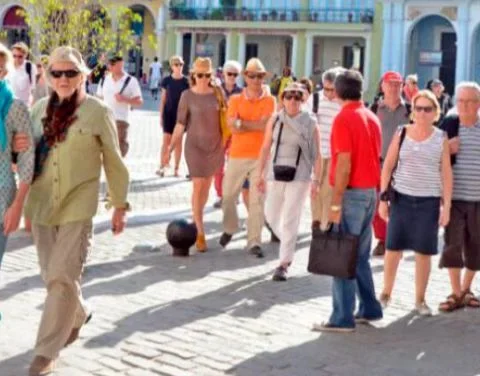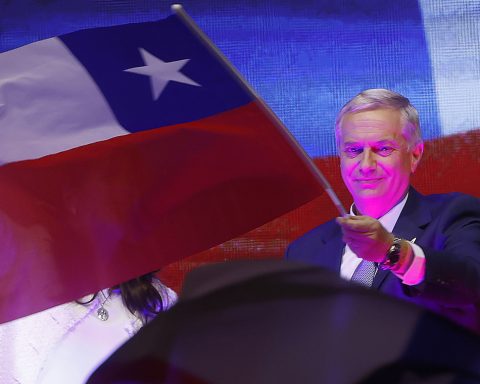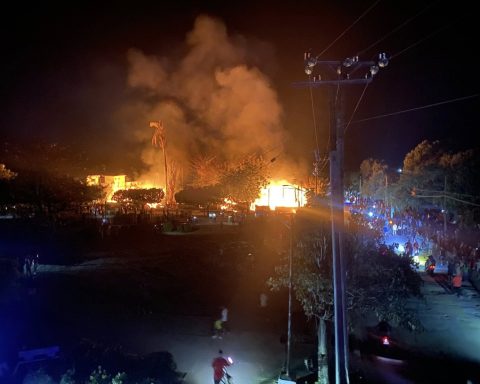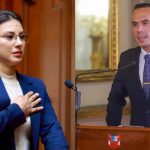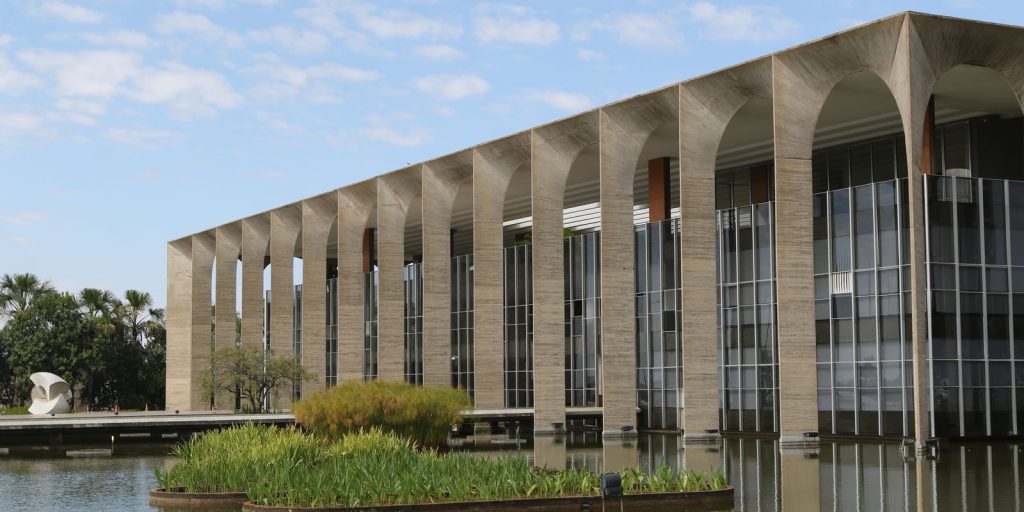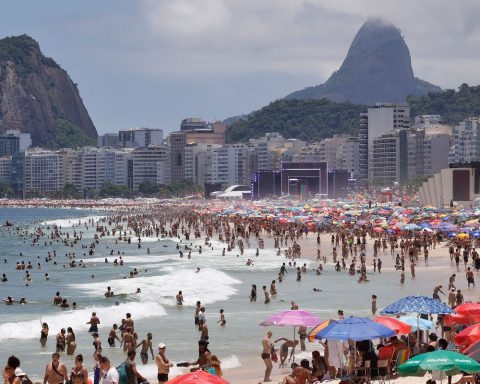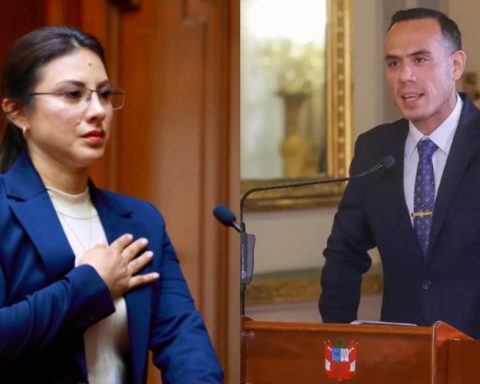MIAMI, United States. – Cuban sociologist living in Mexico Cecilia Bobes He assured the EFE news agency that the “social explosion” of July 11, 2021known as 11J, was a “watershed” in the recent history of the Island because it showed that protest is possible in the country, even under the control of the Government.
Bobes, a professor and researcher at the Latin American Faculty of Social Sciences (FLACSO) in Mexico, is the author of Protests in Cuba. Beyond July 11, a 242-page book that has just come off the press in the Aztec country and that delves into the causes and consequences of these “transformative” manifestations.
According to Bobes, although the protests did not achieve an immediate change in the Cuban political structure, they did generate a significant impact on social consciousness. “People knew that they could go out into the streets to protest, not just to support [al Gobierno]”, commented the sociologist, who believes that 11J contributed to empowering citizens in the face of a State that is an enemy of autonomy.
Bobes’ analysis places 11J within a series of protests that have taken place in Latin America, with similarities and differences in relation to other movements in the region. The outbreak of 11J, explains the sociologist, was surprising because from the Cuban Revolution (January 1959), the mobilizations in Cuba had always been almost entirely in support of the Government, not against it.
Bobes argues that the bases of this change are found in the growing social inequality derived from the reforms of ruler Raúl Castro, the introduction of mobile internet in 2018 and the arrival of a new generation of leaders without the symbolic weight of “the historical ones of the Revolution”. “The political consensus, which had been very solid, is beginning to fracture and cracks are gradually being generated,” explains the expert.
Furthermore, factors such as the COVID-19 pandemicthe tightening of US sanctions and failed national policies contributed to deepening a structural economic crisis that fueled discontent. In this context, Bobes describes 11J as “an emotional explosion of exhaustion, uncertainty, and desperation,” where long-term grievances were exacerbated by economic precariousness.
In the sociologist’s opinion, 11J was clearly a political protest. Although slogans related to the economic situation were heard in the streets, there was also a strong rejection of the Cuban regime. “Talking about an economic side separate from a political one seems risky to me,” says the researcher.
The Cuban professor also does not rule out new protests in the future, although she recognizes that current conditions present obstacles. On the one hand, factors such as mass migration—which ages society and reduces the propensity to protest—and daily precariousness make mobilization difficult. “People are too busy on a day-to-day basis, solving the basics,” he reflects.
However, Bobes also emphasizes that the elements that led to 11J are still present in Cuban society, as demonstrated the increase in the number of protest actions identified so far in 2024. “There is potential for new protests,” he assures, but warns that state repression, the lack of mobilization resources and the delegitimization of the opposition make any large-scale movement difficult.
Finally, Bobes emphasizes that going out to protest in Cuba has a high cost. “Going outside is an expensive option everywhere. In Cuba more,” he concluded.
